The world of chess took a giant leap into the esports spotlight as the inaugural Esports World Cup Chess event concluded in Riyadh, Saudi Arabia, on August 1, 2025.
For the first time in history, chess was included in the prestigious Esports World Cup program.
It delivered everything fans hoped for: drama, rivalries, upsets, and a crowning performance from the great Magnus Carlsen.
The Tournament
The Esports World Championship was held from July 29 to August 1st 2025.
The tournament featured 16 of the world’s top grandmasters battling for glory and a share of the massive $1.5 million prize pool.
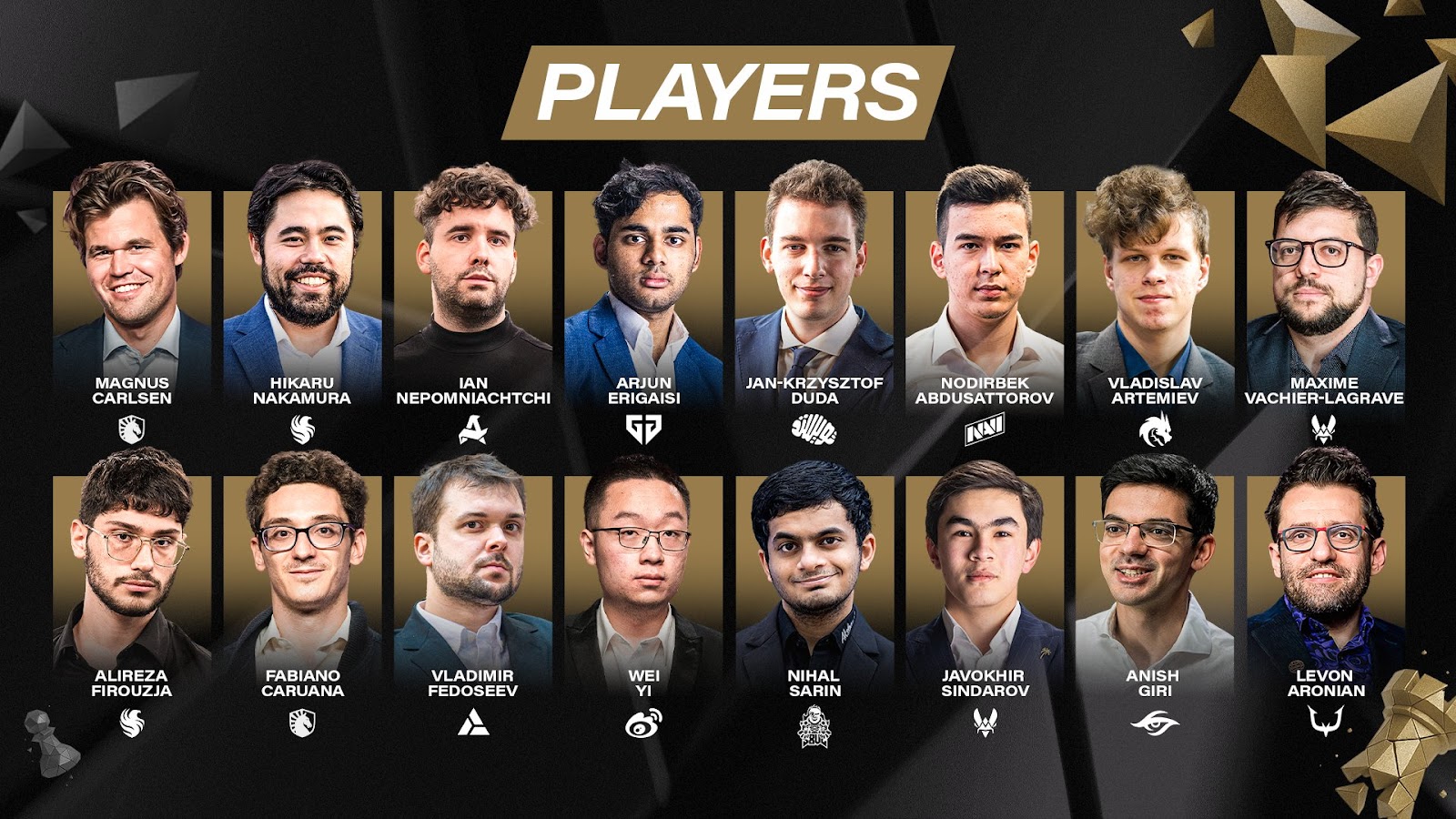
Carlsen, representing Team Liquid, walked away with the top prize of $250,000, adding another major trophy to his legendary career.
Let’s brings you the tea of how it all went down.
A Format Built for Fireworks
The tournament followed a dynamic format designed to keep fans on the edge of their seats.
It began with a GSL-style group stage using a double-elimination system.
Eight players then advanced to the knockout rounds, where each match was played under 10-minute time control with no increment.
Twelve players qualified through the Champions Chess Tour 2025, while four others earned their places through a fiercely contested Last Chance Qualifier (LCQ) held in Riyadh just days before the main event.
The LCQ was packed with tension and surprises that set the tone for the spectacle ahead.
LCQ Delivers Early Drama
The LCQ saw rising Indian star Nihal Sarin make headlines by defeating Dutch No. 1 Anish Giri in a stunning 2-0 result.
Giri, known for his calm demeanor, was visibly frustrated and was caught on camera banging his mouse after the loss.
Joining Sarin in qualifying were Levon Aronian, Javokhir Sindarov, and Anish Giri himself, who still managed to secure a spot despite the setback.
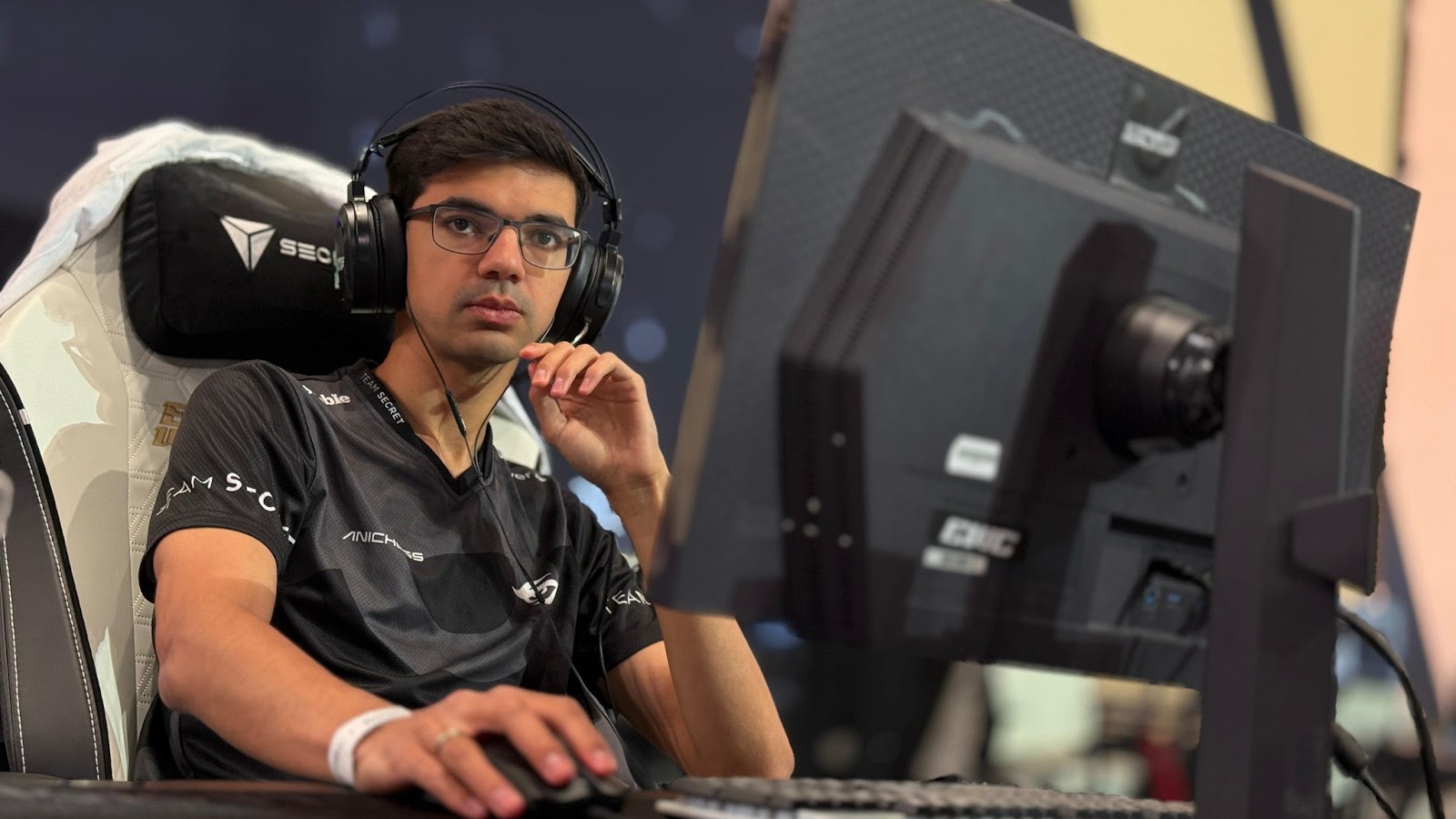
Shockers and Slips
The main event featured some unforgettable moments.
One of the most talked-about incidents came during a high-stakes tiebreak match involving Jan-Krzysztof Duda and Nodirbek Abdusattorov.
In an Armageddon game, Duda suffered a mouse slip on move five, which led to an immediate resignation and his early exit from the tournament.

It was a heartbreaking moment that reminded everyone how unforgiving online chess formats can be.
A Clash of Titans
In the semifinals, fans were treated to another chapter in the storied rivalry between Magnus Carlsen and Hikaru Nakamura.
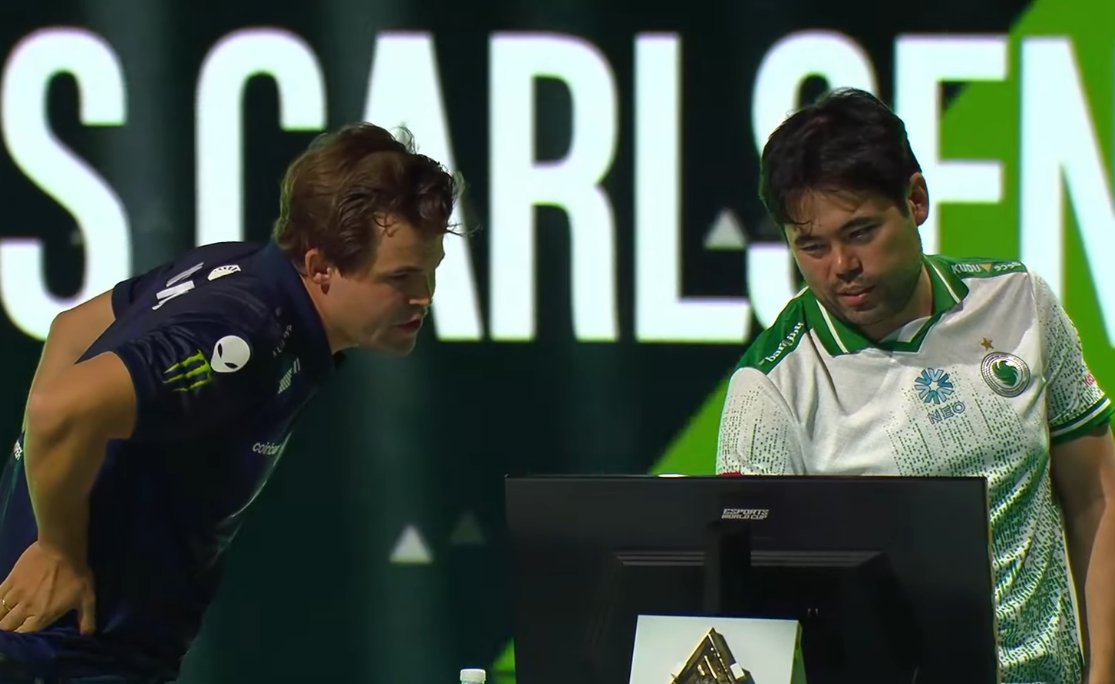
Their clash stretched to the limit, ending in a nail-biting 4-3 victory for Carlsen after an Armageddon decider.
After his win, Magnus shushed the Hikaru fan section, who were very vocal in their support of Hikaru during the match.
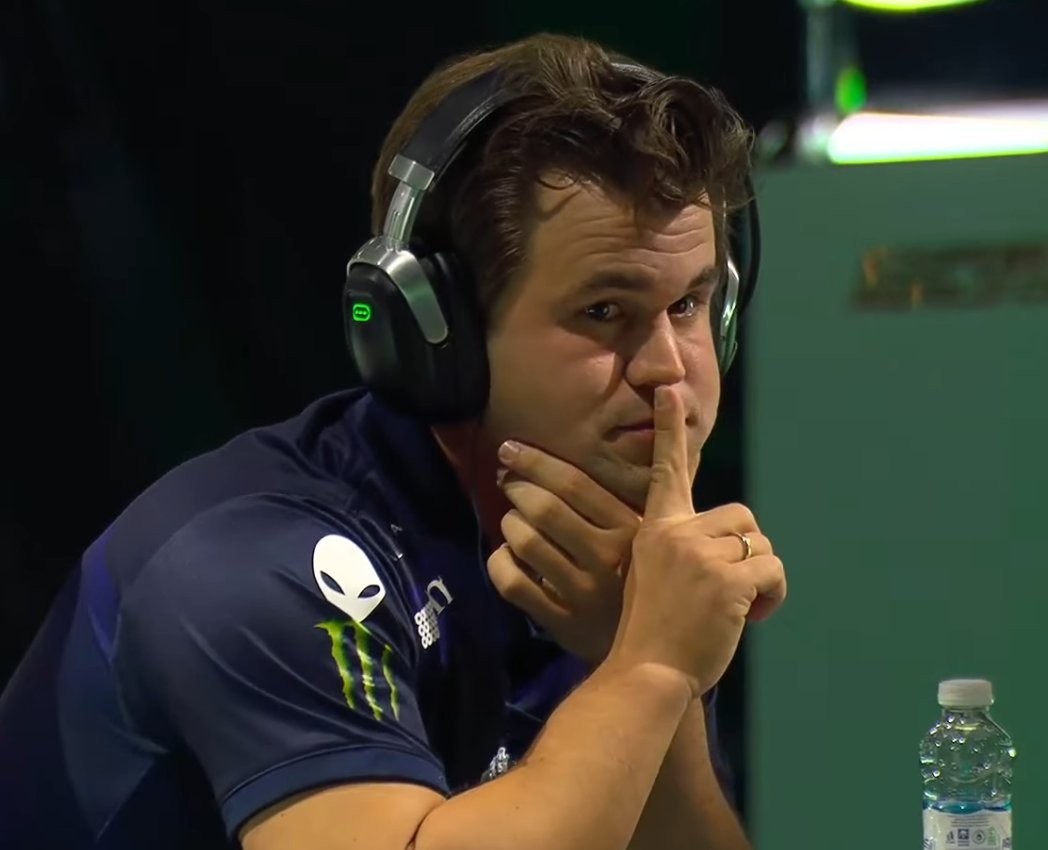
Carlsen’s Crown
The final between Magnus Carlsen and Alireza Firouzja was a commanding display of class and experience.
Carlsen dominated the match and secured the championship. His ability to stay sharp under pressure and adapt to the unique format proved decisive.
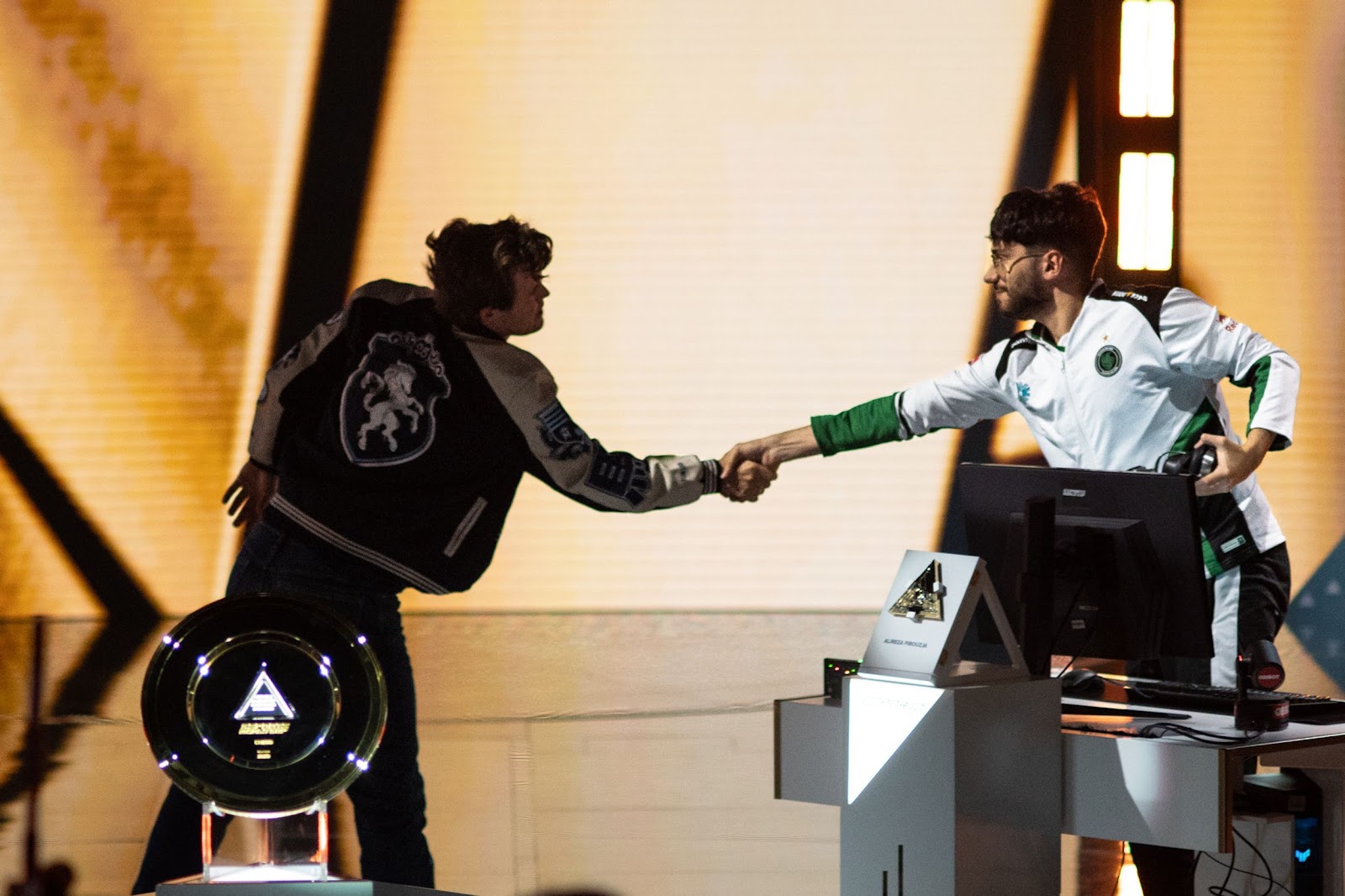
After lifting the trophy, Carlsen described the tournament as “an amazing show” and praised the energy of the event.
“Unlike anything I’ve seen so far,” he said. That’s new ground conquered for the world number one.
A New Legacy Begins
With his win, Carlsen didn’t just take home the largest prize. He also carved his name into a new chapter of competitive chess.
The Esports World Cup format combined the intensity of elite chess with the production quality and pacing of top-tier esports.
It introduced chess to new audiences and created moments that fans will remember for years.
Final Standings of The Tournament
- Champion: Magnus Carlsen
- Runner-Up: Alireza Firouzja
- Third Place: Hikaru Nakamura
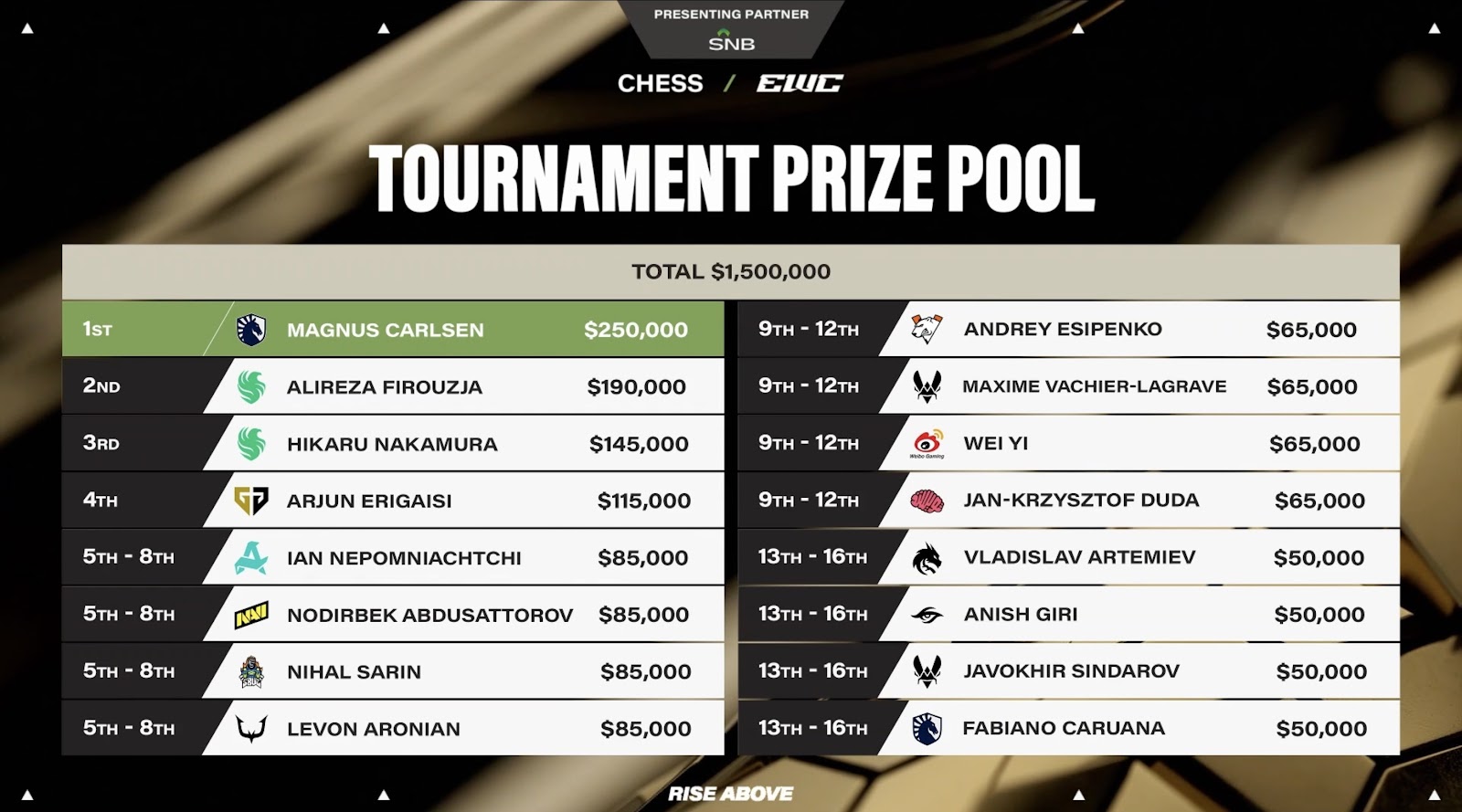
Why This Tournament Matters
The Esports World Cup chess event changed how people view competitive chess.
For the first time, chess stood side by side with other major esports like League of Legends.
This was a clear sign that chess has a place in the modern gaming world.
The fast-paced games also matched the speed and energy of other esports.
The format brought out the drama and tested the players’ ability to play on strange turf.
It showed that chess, even at the highest level, can be thrilling to watch in real time.
Most importantly, the event opened the door for more chess competitions in the esports world.
It showed sponsors, organizers, and fans that chess can draw large audiences when presented in the right way.
What happened in Riyadh may be the first step in a bigger future for chess on global stages.

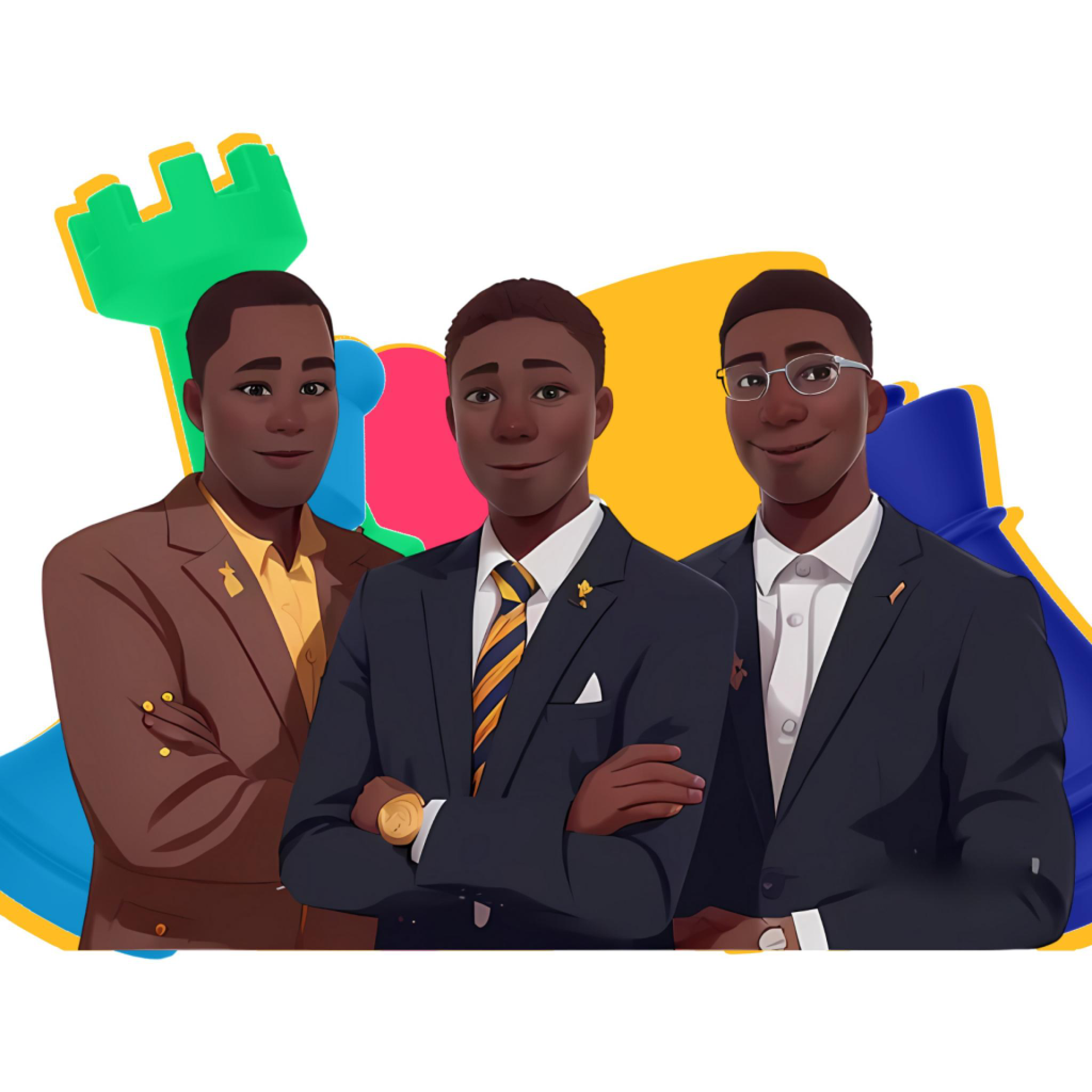


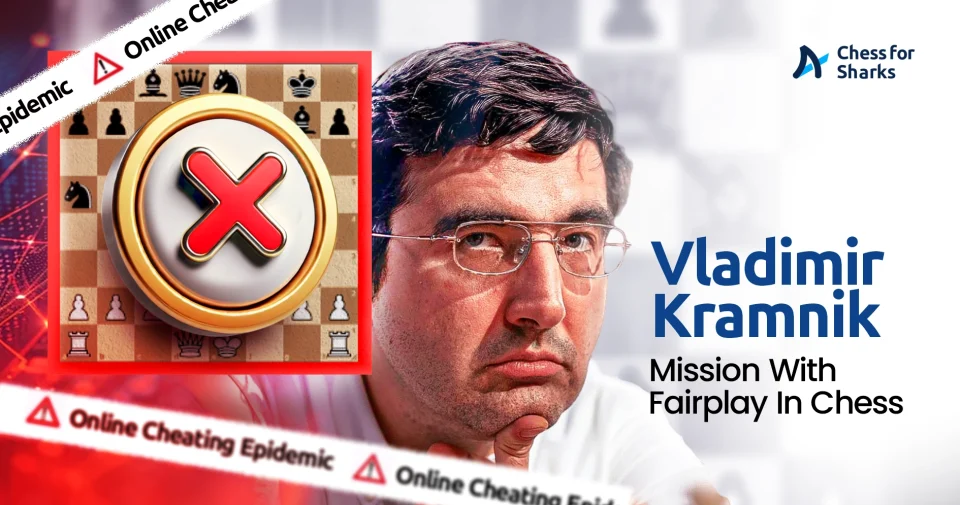
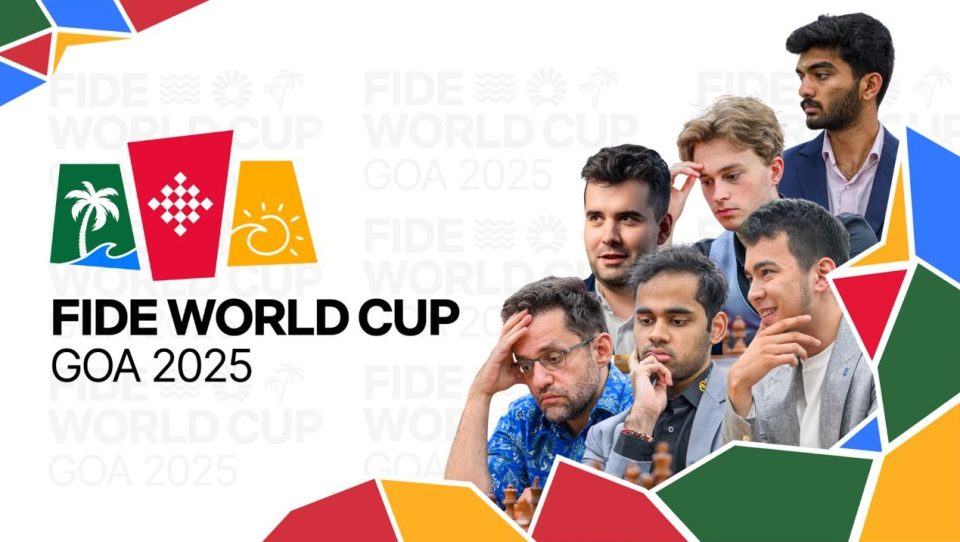
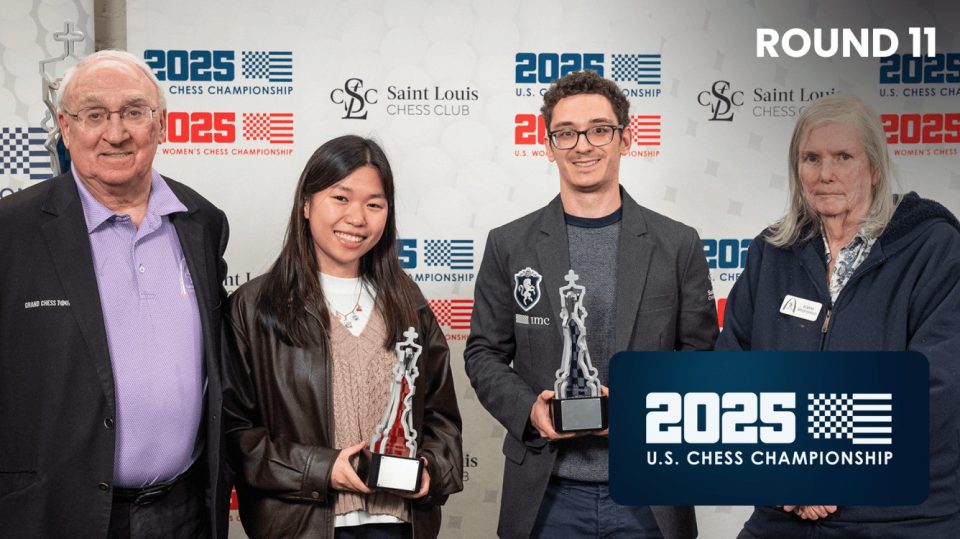
join the conversation